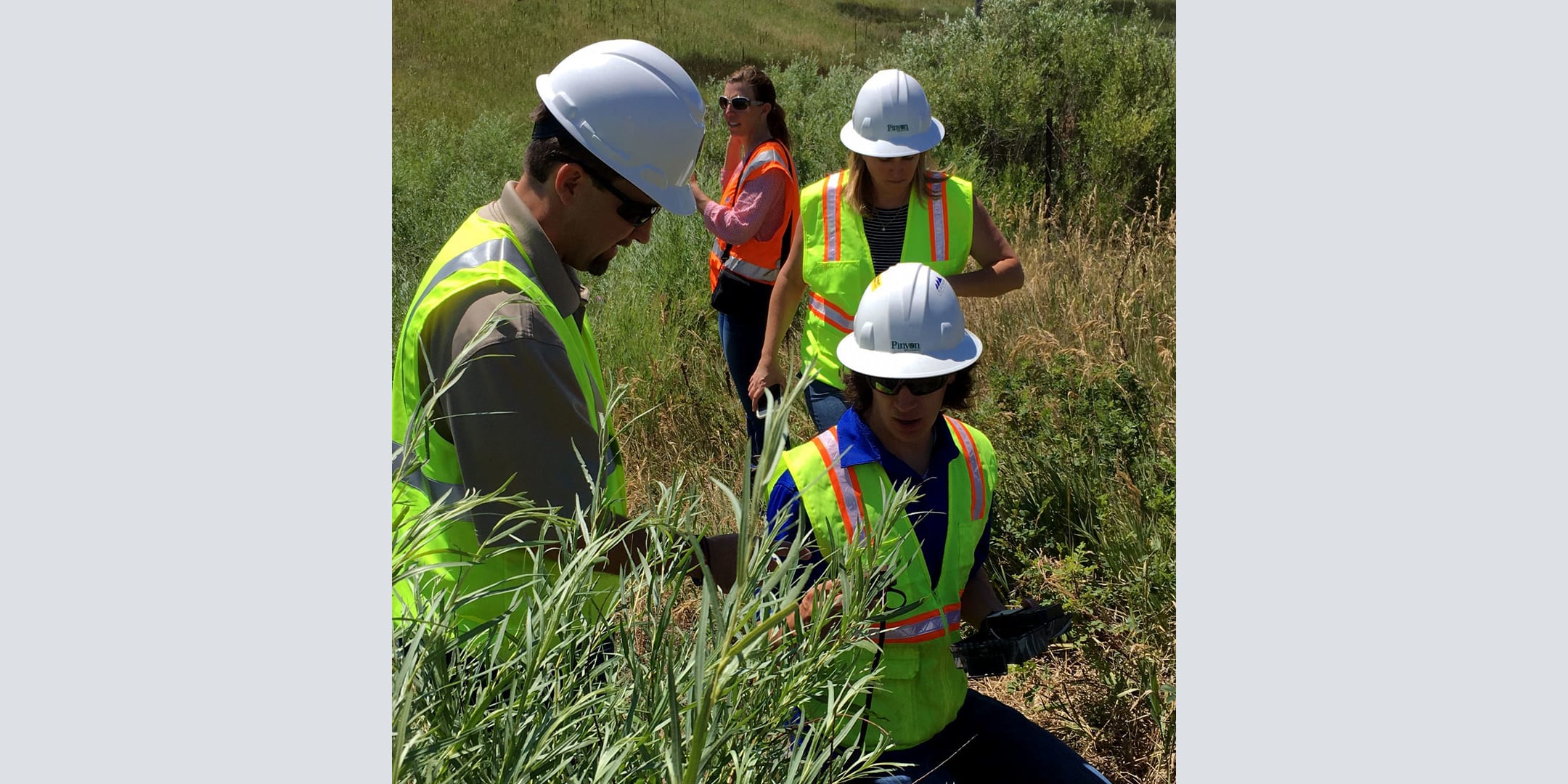
Pinyon Environmental Inc. President Lauren Evans: ‘These projects have been so significant for us’
Lauren Evans, President, Pinyon Environmental Inc.
During Women’s History Month, RTD is highlighting some of the incredible businesses owned by women that have worked with the agency and made significant contributions to the economic vitality of the Denver metro region. Today, we hear from Lauren Evans, who began Pinyon Environmental Inc. and is its president.
Tell me about your business. How did it begin, and how has it evolved?
I started the company in 1993. Before that time, I had worked for a series of consulting firms, many of which were bought by others while I was there. After the buyouts, many things changed, and often not for the better. I wanted to have more control over my working environment. My dad, also an engineer, had been encouraging me for a few years to start my own company, and I finally took the leap in the summer of 1993. My background was largely in services related to due diligence during property transactions, and remediation of contamination at industrial facilities or underground tank sites. That was the main focus of the company for almost 10 years, when we made a push to start working in the transportation market. That focus has allowed us to expand our services, and now we have a team of engineers and scientists that cover almost all aspects of the environmental resource areas (we don’t have rail vibration specialists). We now also have multiple offices, including Loveland; Bozeman, Montana; and Phoenix. By expanding our services, we have grown to 70 employees.
How did you come to do work with RTD? What has that relationship meant to you and your business?
One of the first opportunities we had when we began pursuing transportation work was on the U.S. 36 project, which includes the Northwest Rail evaluation. This was a joint project between CDOT and RTD, and we were on the winning team (URS-CH2M-Hill, now AECOM-Jacobs). We used that experience to position on other RTD projects, and to date, worked on Denver Union Station, Eagle P3, North Metro, the two extension projects and others. These projects have been so significant for us: They allowed us to build good, collaborative relationships with engineering firms and contractors; working on the Eagle project introduced us to large public-private partnerships and design-build efforts; and this experience has led to involvement on many of the significant transportation projects in the region (including a large project in Phoenix). We learned how to efficiently and rapidly respond to the demands of those projects, and one of our technical groups is now focused on environmental compliance oversight on construction projects. Being involved in a program as significant to the metro region as FasTracks also has brought a lot of satisfaction to our employees.
Pinyon Environmental Inc. in the field.
What does it mean that your business is led by a woman?
Because of the DBE (disadvantaged business enterprise) goals, Pinyon had an opportunity to work on projects that we might not have otherwise. These opportunities allowed us to build relationships as a trusted teaming partner with others, which we used as a springboard into other markets. It also shows that times are indeed changing. When I started out in my career, I knew very few women in positions of corporate leadership. At my last company before starting Pinyon, I was the only woman in management (for a lot of my early career I was the first, or the only). For me personally, it has allowed me to have many professional experiences that I otherwise probably wouldn’t have had (for example, being an outside director on another company’s board).